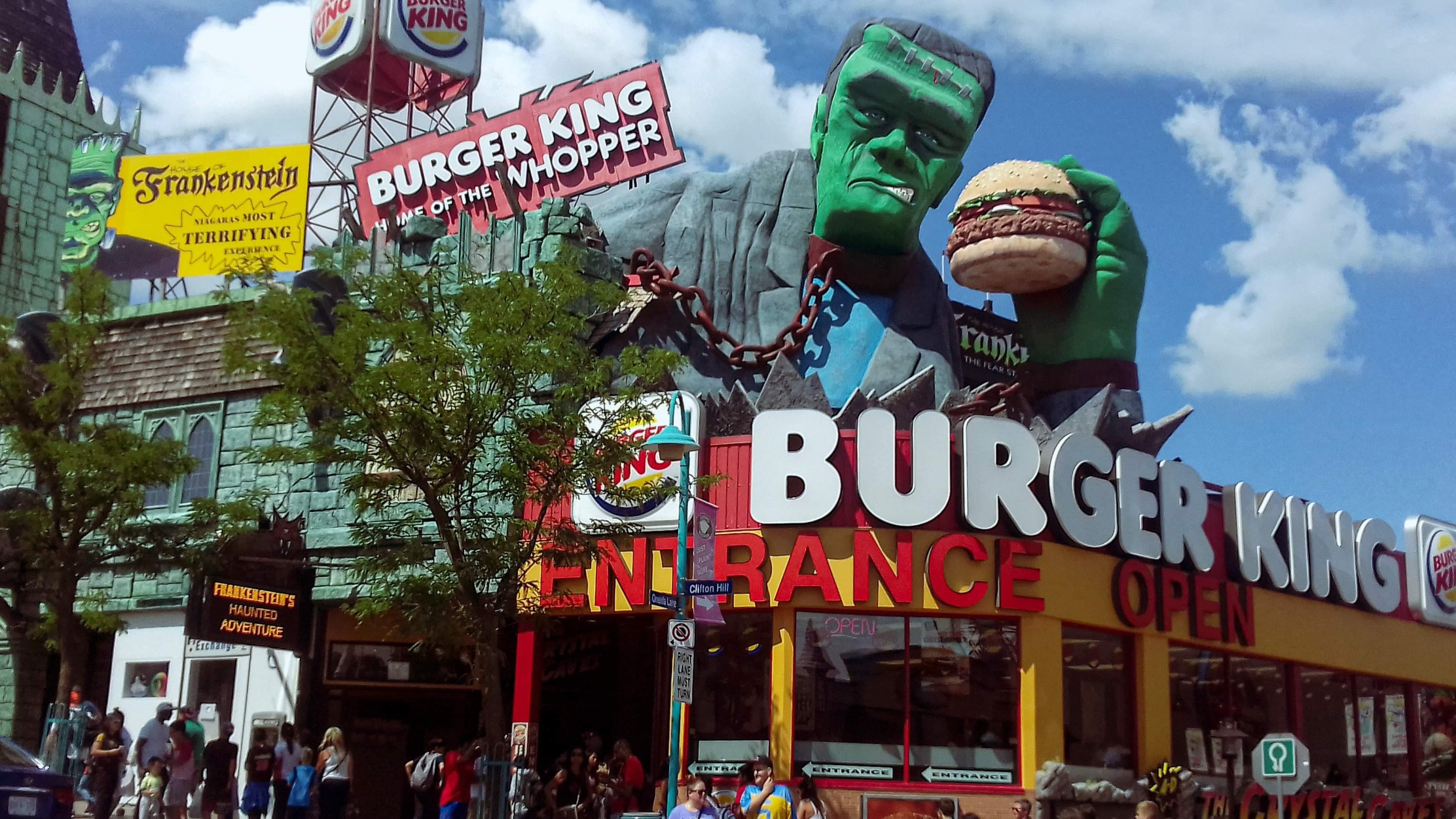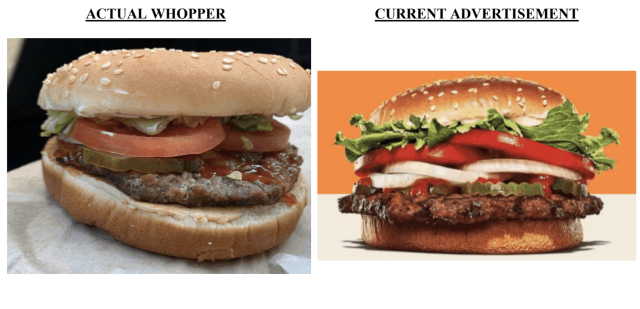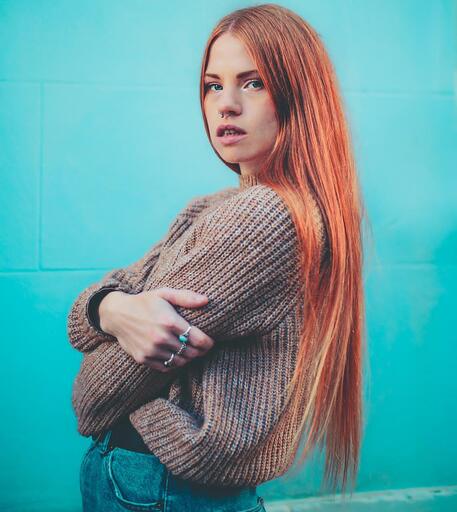Burger King under flame-grilled fire for misleading photo of the Whopper
A class-action lawsuit has been brought against the company for advertising its burgers with misleading photos

The fast-food chain Burger King has come under fire for producing misleading photos of its burgers and in particular the Whopper. Four burger-loving foodies have brought a class-action lawsuit against the company for misrepresenting the burgers they sell in hope of squeezing some cash out of the company.
For years, we were led to believe that racing oil was used in place of maple syrup and PVA glue was used to replace milk in shots of cereal. Until recently, I was very much under the impression that all food photography was fake and the food pictured inedible but apparently, that is no longer the case. While the best cameras for food photography and the best lenses for food photography will help you to create great images, even the most experienced photographers often rely on a little helping hand to create images that look irresistible.
• Read more: Best photo editing software
We’ve all seen those those videos where people reveal the secrets of food photographers who use added vegetable oil to make a burger look juicy or dish soap to create a long-lasting head on a beer. Burger King might not have gone as far as using fake food - it is all edible, but it's been styled and photographed in such a way that it looks much better than it is.
You’d have to be pretty naive to think that what you see in a photo is what you’re actually going to get served. After all, photographers on set at a food shoot have a stylist and lighting technician on hand to make sure the food is looking mouth-watering in every single shot. They’re also not under pressure at a busy restaurant full of customers expecting to wait next to no time for their food so it’s no surprise that fast food photos aren’t accurate to real life. However, according to The Takeout, these big companies such as McDonald's or Burger King do use real food - they just have an arsenal of tricks that make it look better.

Recently, a group of customers in the US filed a lawsuit against Burger King, accusing the company of advertising its products with misleading photos. To be fair to the plaintiffs, the Burger King photos really don’t look like the real thing but honestly, who has time to file a lawsuit about a burger than costs less than $5?!
Anthony Russo, the lawyer assigned to the case has collected a series of customer photos to compare to the company's current advertisements. He claims the photos produced by Burger King make the burgers look 35% bigger than they are in real life and is asking that Burger King change the advertising photos. Plaintiffs are also asking for monetary damage as they have been “deceived” by the fast-food chain.
Get the Digital Camera World Newsletter
The best camera deals, reviews, product advice, and unmissable photography news, direct to your inbox!
From a photography point of view, one of the reasons the Whopper may look a lot bigger in pictures than in person is due to perspective. The lens you use can massively affect how your products are portrayed. A macro lens for example will make your products look much bigger while a wide-angle lens will make them look smaller. Props for scale are also one way that photographers can make food items look larger than life while spraying lettuce leaves with water or carefully stacking a burger with a cocktail stick to keep things can make it look a lot more appealing.
It sounds about as ridiculous as it is - with everything going on in the world right now it’s hard to believe that people are actually complaining about a burger. Deceiving or not, if people have time to put effort into suing Burger King, surely people have the energy to do good for the world.
Read more:
Best LED light panels
Best photography lighting kits
10 tasty food photography tips and tricks

Having studied Journalism and Public Relations at the University of the West of England Hannah developed a love for photography through a module on photojournalism. She specializes in Portrait, Fashion and lifestyle photography but has more recently branched out in the world of stylized product photography. Hannah spent three years working at Wex Photo Video as a Senior Sales Assistant, using her experience and knowledge of cameras to help people buy the equipment that is right for them. With eight years experience working with studio lighting, Hannah has run many successful workshops teaching people how to use different lighting setups.
